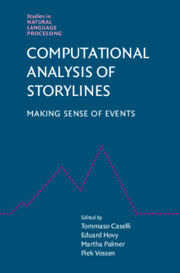Part Two - Connecting the Dots: Resources, Tools, and Representations
Published online by Cambridge University Press: 06 November 2021
Summary
For an equivariant commutative ring spectrum R, ?0R has algebraic structure reflecting the presence of both additive transfers and multiplicative norms. The additive structure gives rise to a Mackey functor and the multiplicative structure yields the additional structure of a Tambara functor. If R is an N? ring spectrum in the category of genuine G-spectra, then all possible additive transfers are present and ?0R has the structure of an incomplete Tambara functor. However, if R is an N? ring spectrum in a category of incomplete G-spectra, the situation is more subtle. In this chapter, we study the algebraic theory of Tambara structures on incomplete Mackey functors, which we call bi-incomplete Tambara functors. Just as incomplete Tambara functors have compatibility conditions that control which systems of norms are possible, bi-incomplete Tambara functors have algebraic constraints arising from the possible interactions of transfers and norms. We give a complete description of the possible interactions between the additive and multiplicative structures.
Information
- Type
- Chapter
- Information
- Computational Analysis of StorylinesMaking Sense of Events, pp. 143 - 144Publisher: Cambridge University PressPrint publication year: 2021
